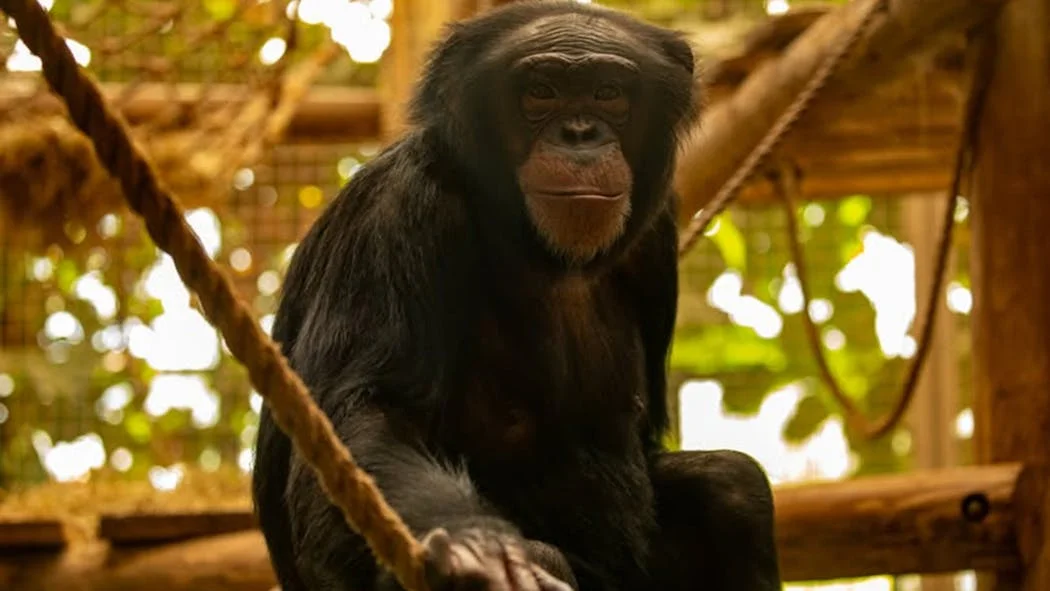
A Heartbreaking Loss: The Death of a Newborn Chimpanzee at Tulsa Zoo
The Tulsa Zoo is facing a painful reality after announcing the death of a newborn chimpanzee shortly after his birth, a tragic event that underscores the complexities of wildlife care and the unpredictability of animal behavior.
On April 22, 2025, the heart-wrenching news broke that a baby chimpanzee born to Zuri had succumbed to injuries inflicted by another member of the troop. Despite the best efforts of veterinary staff to save the infant, the injuries proved too severe, leading to the decision to humanely euthanize him. “Zuri is healthy and under close observation by our animal care and veterinary teams as she recovers,” the zoo communicated via social media, highlighting both the loss and the need for human intervention in such incidents.
This incident raises critical questions about animal interactions within a social group, particularly in a controlled environment like a zoo. Chimpanzees are known for their complex social structures and behaviors, which make them fascinating yet sometimes unpredictable to manage. This tragedy not only affects Zuri and the other chimps in the troop but also impacts the zookeepers who work tirelessly to ensure the well-being of these animals.
While this news is undoubtedly upsetting for zoo staff and visitors alike, it serves as a reminder of the reality of wildlife care. Zoos strive to provide the highest standard of care, yet confrontations can happen that lead to unforeseen outcomes. The Tulsa Zoo's experienced veterinary team is now focused on Zuri's recovery and emotional health as she navigates the loss of her offspring.
Moreover, the timing of this incident coincides with the Tulsa Zoo's recent initiatives to expand its offerings, such as welcoming two Asian elephants from the Los Angeles Zoo and breaking ground on a new habitat for giant anteaters. These efforts demonstrate the zoo's commitment to enhancing animal care and education, despite the heart-wrenching the challenges they face.
As we reflect on this news, it invites us to consider our emotional connection to these animals and the critical importance of conservation and understanding animal behavior. How can we further support the well-being of zoo animals and contribute to their conservation? We encourage you to share your thoughts and experiences in the comments below, as community engagement can foster a deeper understanding of wildlife care and management.